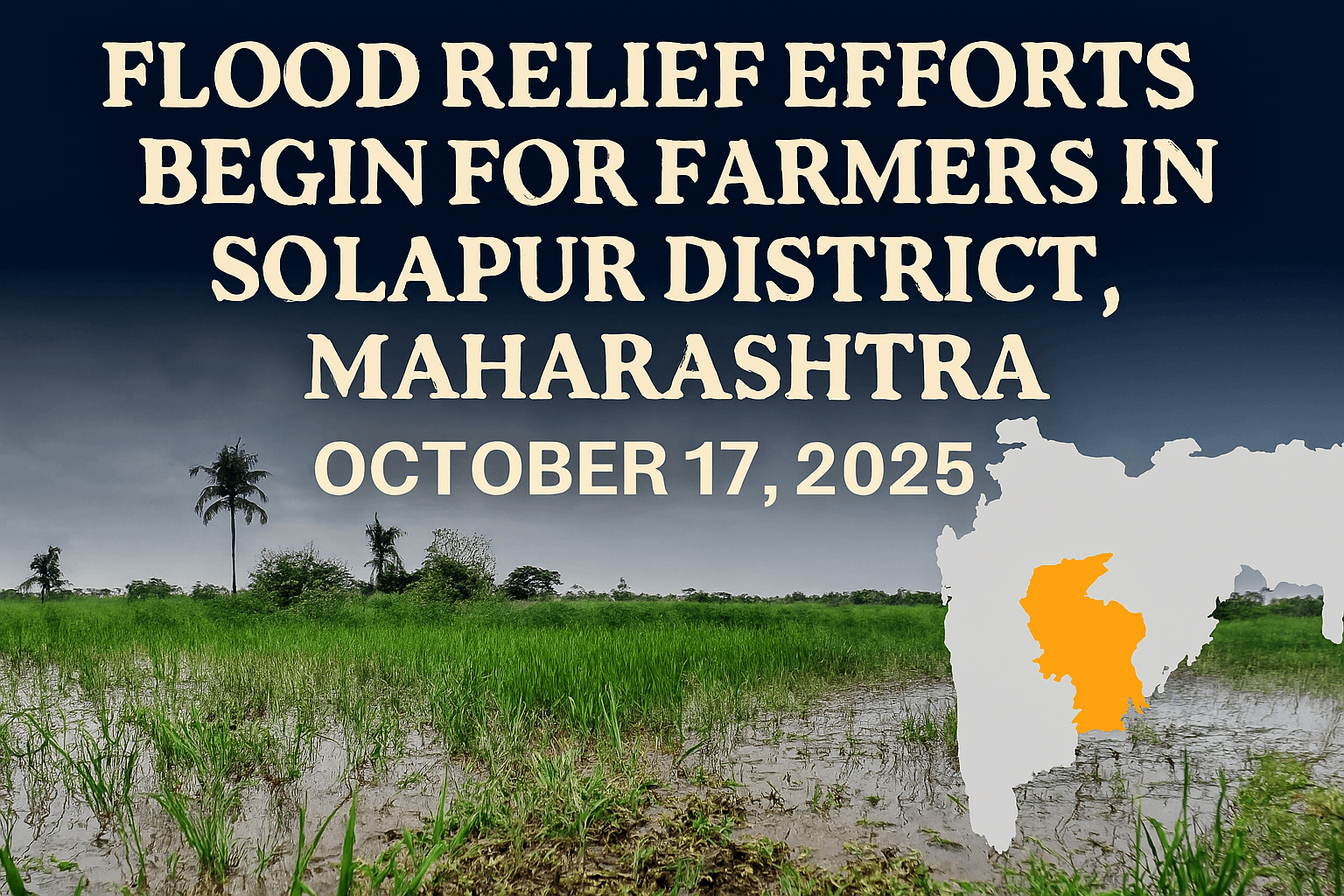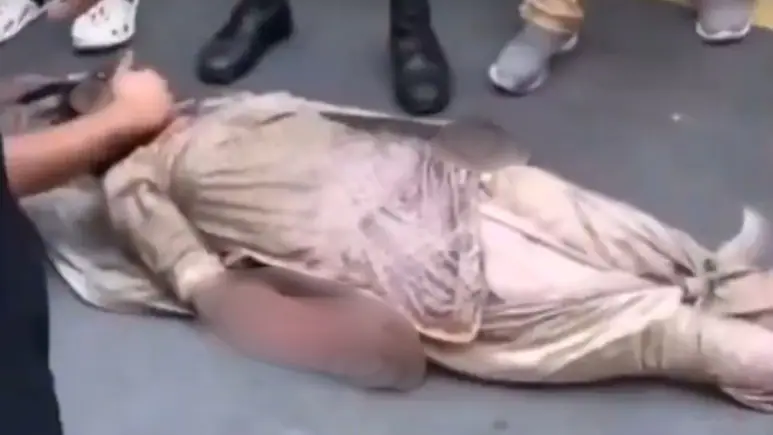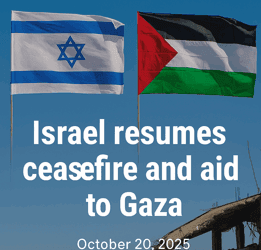🚨 Nepal Gen Z Protests Escalate: Ex-PM’s Wife Killed, PM Oli Steps Down
Kathmandu, Nepal – The Himalayan nation plunged into chaos on Tuesday as Gen Z-led protests over a short-lived social media ban spiraled into deadly violence, forcing Prime Minister K.P. Sharma Oli to resign.
🕊️ Death of Ex-PM’s Wife
In one of the most shocking incidents, Rajyalaxmi Chitrakar, wife of former prime minister Jhalanath Khanal, lost her life after protestors set fire to their home in Kathmandu’s Dallu area. She was rushed to Kirtipur Burn Hospital, but doctors confirmed her death during treatment.
🔥 Widespread Violence and Deaths
The protests, triggered by the blocking of Facebook, X, and YouTube, turned into a broader anti-government movement against corruption and elite privileges.
19 people were killed after police opened fire on protestors.
Homes of several political leaders, including PM Oli, were set ablaze.
Finance Minister Bishnu Prasad Paudel was publicly thrashed in the streets, with disturbing videos circulating online.
The Nepal Parliament building was torched, while Kathmandu airport shut down as army helicopters evacuated ministers.
📱 Why Are Gen Z Protesting?
The protests, dubbed the “Protest of Gen Z,” began after the government banned social media, citing the platforms’ failure to register under new regulations. Although the ban was lifted, anger among youth continued, fueled by:
Police violence against demonstrators.
Frustration with unemployment and lack of opportunities.
Growing resentment towards “Nepo Kids” – children of politicians enjoying lavish lifestyles while ordinary youth struggle.
🛑 International Impact
The crisis has triggered international concerns:
India has issued a travel advisory, urging its citizens to postpone trips to Nepal.
Air India, IndiGo, and Nepal Airlines cancelled Delhi-Kathmandu flights on Tuesday.
⚠️ Nepal’s Political Future Uncertain
With PM Oli’s resignation, Nepal faces a power vacuum amid raging protests, raising fears of prolonged instability. Analysts warn that the unrest, driven by Nepal’s young generation, could reshape the country’s political landscape.



















